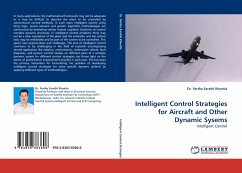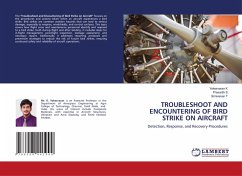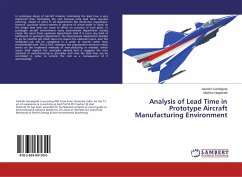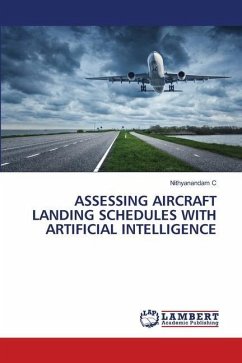
Intelligent Control Strategies for Aircraft and Other Dynamic Sysems
Intelligent Control
Versandkostenfrei!
Versandfertig in 6-10 Tagen
45,99 €
inkl. MwSt.

PAYBACK Punkte
23 °P sammeln!
In many applications, the mathematical framework may not be adequate or it may be difficult to describe the plant to be controlled by conventional control methods. In such cases intelligent control using fuzzy logic, neural network and genetic algorithm methodologies are constructed by emulating certain human cognitive functions to control complex dynamic processes. In intelligent control problems there may not be a clear separation of the plant and the controller and the control laws may be embedded and be part of the system to be controlled. This opens new opportunities and challenges. The a...
In many applications, the mathematical framework may not be adequate or it may be difficult to describe the plant to be controlled by conventional control methods. In such cases intelligent control using fuzzy logic, neural network and genetic algorithm methodologies are constructed by emulating certain human cognitive functions to control complex dynamic processes. In intelligent control problems there may not be a clear separation of the plant and the controller and the control laws may be embedded and be part of the system to be controlled. This opens new opportunities and challenges. The area of intelligent control continues to be challenging in the field of research encompassing several application like robotics, mechatronics, underwater vehicle, fault diagnosis, and process control Studies on different parts of a complex dynamic system for different control strategies can throw light on the extent of performance improvement possible in each case. This has been the primary motivation for formulating the problem of developing intelligent control strategies for some specific dynamic systems by applying different types of methodologies.












